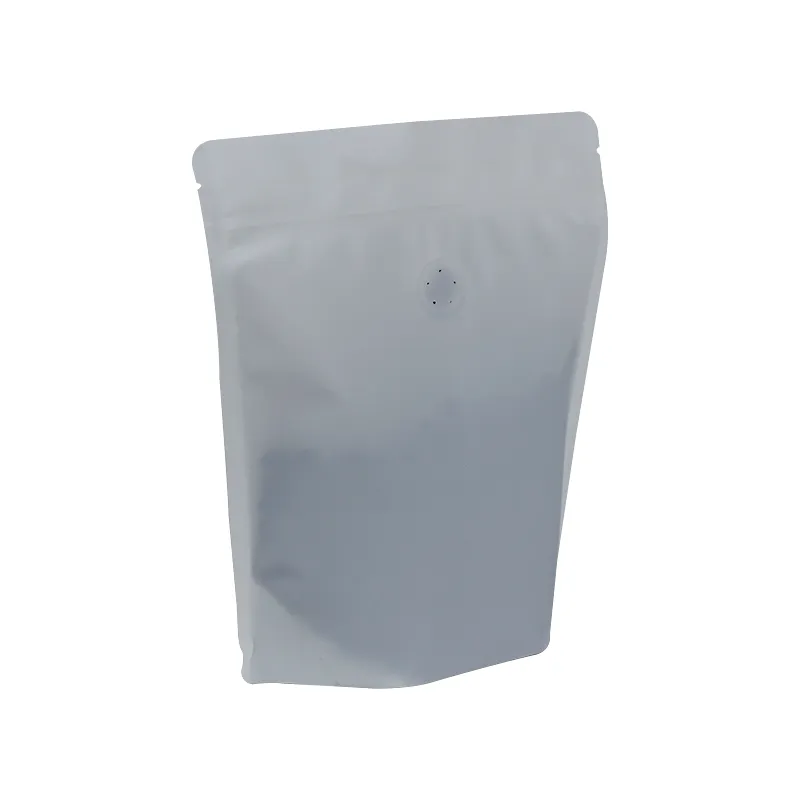- Afrikaans
- Albanian
- Amharic
- Arabic
- Armenian
- Azerbaijani
- Basque
- Belarusian
- Bengali
- Bosnian
- Bulgarian
- Catalan
- Cebuano
- chinese_simplified
- chinese_traditional
- Corsican
- Croatian
- Czech
- Danish
- Dutch
- English
- Esperanto
- Estonian
- Finnish
- French
- Frisian
- Galician
- Georgian
- German
- Greek
- Gujarati
- haitian_creole
- hausa
- hawaiian
- Hebrew
- Hindi
- Miao
- Hungarian
- Icelandic
- igbo
- Indonesian
- irish
- Italian
- Japanese
- Javanese
- Kannada
- kazakh
- Khmer
- Rwandese
- Korean
- Kurdish
- Kyrgyz
- Lao
- Latin
- Latvian
- Lithuanian
- Luxembourgish
- Macedonian
- Malgashi
- Malay
- Malayalam
- Maltese
- Maori
- Marathi
- Mongolian
- Myanmar
- Nepali
- Norwegian
- Norwegian
- Occitan
- Pashto
- Persian
- Polish
- Portuguese
- Punjabi
- Romanian
- Russian
- Samoan
- scottish-gaelic
- Serbian
- Sesotho
- Shona
- Sindhi
- Sinhala
- Slovak
- Slovenian
- Somali
- Spanish
- Sundanese
- Swahili
- Swedish
- Tagalog
- Tajik
- Tamil
- Tatar
- Telugu
- Thai
- Turkish
- Turkmen
- Ukrainian
- Urdu
- Uighur
- Uzbek
- Vietnamese
- Welsh
- Bantu
- Yiddish
- Yoruba
- Zulu
Versatile Packaging Solutions for Flexible Bags to Meet Diverse Needs
The Importance and Versatility of Flexible Packaging Bags
In today's rapidly evolving consumer market, packaging plays a crucial role in ensuring product safety, sustainability, and convenience. Among various packaging options, flexible packaging bags have emerged as one of the most versatile and innovative solutions available. These bags offer numerous advantages that cater to the needs of manufacturers, retailers, and consumers alike.
Flexible packaging refers to any package that can be readily changed in shape or form. This type of packaging includes a wide variety of materials such as plastic, paper, and foil, often combined into multi-layer structures that provide enhanced barrier properties. Flexible packaging bags, in particular, are lightweight, easy to transport, and require less energy to produce compared to rigid containers. These benefits contribute not only to lower costs but also to reduced environmental impact, making them an attractive option for businesses seeking sustainability.
One of the primary benefits of flexible packaging bags is their adaptability. They can be custom-made to fit products of various shapes and sizes, from granular items like rice and flour to liquid products such as beverages and sauces. The ability to tailor the size and design of a package ensures that products are well-protected and that the packaging itself captures consumer attention. Eye-catching graphics and branding can be easily printed on flexible bags, enhancing shelf appeal and helping products stand out in competitive markets.
Additionally, flexible packaging bags offer superior barrier properties. Many flexible materials are designed to protect against moisture, oxygen, and light, ensuring that products remain fresh for an extended period. This is particularly vital for perishable goods, snacks, and pharmaceuticals, where product integrity is crucial. For instance, vacuum-sealed bags help maintain food freshness, while resealable features allow consumers to enjoy products over a longer duration without compromising quality.
flexible packaging bags

Sustainability is another key aspect driving the popularity of flexible packaging bags. As consumers become increasingly environmentally conscious, brands are compelled to adopt eco-friendly practices. Flexible packaging utilizes fewer materials than rigid packaging, leading to less waste. Moreover, advancements in technology have enabled the development of recyclable and compostable flexible materials, further minimizing the ecological footprint of packaging. Companies are now able to offer sustainable options without sacrificing performance, appealing to a broader market that values sustainability.
The ease of handling and storage is yet another advantage of flexible packaging bags. Their lightweight nature reduces shipping costs, and their space-efficient design allows for efficient stacking and storage both before and after the product is filled. This compactness not only benefits manufacturers by lowering logistics expenses but also provides retailers with better merchandising options.
In the realm of food packaging, flexible bags have gained particular traction. The rise of snacks and ready-to-eat meals has led to an increase in the use of flexible packaging. These bags often come with features such as resealable closures, spouts, or easy-tear notches, enhancing convenience for consumers. The ability to keep food products fresh while providing a user-friendly experience has made flexible bags a preferred choice among both manufacturers and consumers.
Moreover, flexible packaging bags also offer significant benefits for non-food products. Industries such as cosmetics, personal care, and pharmaceuticals have embraced this packaging solution. For example, flexible pouches for lotions and creams not only enhance portability but also prevent leaks, ensuring product integrity during transportation.
In conclusion, flexible packaging bags represent a blend of versatility, efficiency, and sustainability that addresses the needs of modern consumers and manufacturers. From their customizable nature and superior barrier properties to their reduced environmental impact, these bags are paving the way for innovative packaging solutions across various sectors. As businesses continue to prioritize sustainability and consumer convenience, the role of flexible packaging is poised to expand, making it an essential component of the packaging industry. Embracing this trend not only meets current market demands but also aligns with a vision for a more sustainable future.













